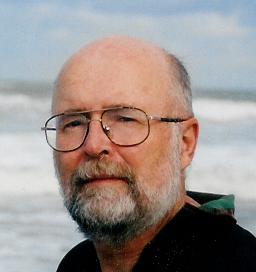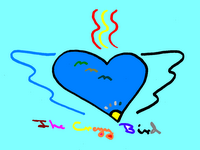[In "War is a Racket", General Smedley Butler in the opening lines states, "It is the only [racket] in which the profits are reckoned in dollars and the losses in lives." He then gives numerous examples of the carrion eaters who distill great fortunes from the bodies and maimed souls of the soldiers, the cannon fodder, the grunts.
The unknown poet echoes these sentiments in a slightly different way, progressing from the condition of troops returning home to those who "support" the troops with an easily purchased flag on their lapel to those who would use human sacrifice to build and maintain a "City of Light Upon the Hill". Note that he speaks of "a" not "the" City of Light -- William Blake used this device in "A Divine Image" poem to parallel "The Divine Image"]
When they get home, what kind of future will they face?
Will they ever heal and become whole again?
They almost all have scars in a hidden place,
which no one knows unless they themselves have been
where day is night and each night a dusty hell.
It's easy to talk about heroes and say,
"Support our troops!", with a flag on your lapel,
your chest wide with pride on Memorial Day...
It's easy to sing, "Gawd Bless Arrogance!".
It's easy to jive about national pride
and the excellence of Gawd's Providence
...as long there's little chance that you will die!
"We will prove, no matter who we have to kill:
we're a "Bright City of Light Upon the Hill".
__________________
In our own culture, in fairy tales, one often meets the evil ogre, giant or troll who lives in a great house upon a hill -- the peasant's-eye-view, so to speak, of the mansion or castle of his feudal lord. Similarly, a "City of Light" can cast different shadows, depending if you are living on the hill or in the valley below.
We will see this how this new theme develops in the next poem in a couple of days...
Subscribe to:
Post Comments (Atom)




No comments:
Post a Comment